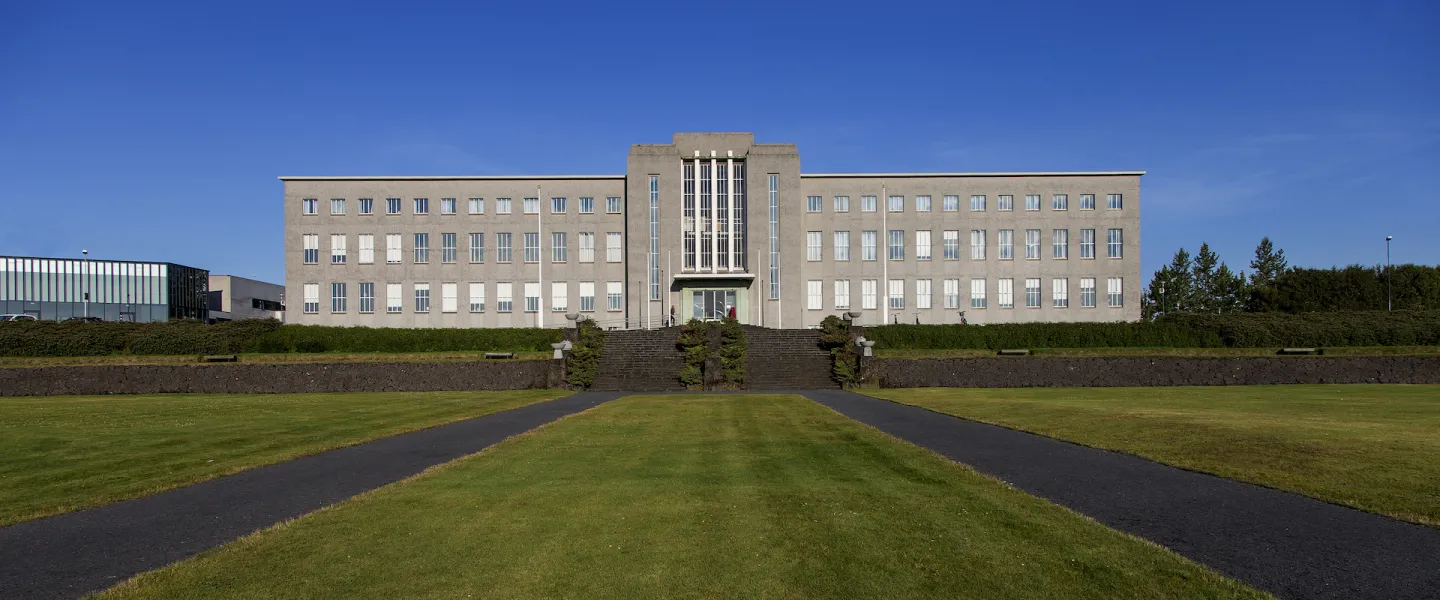
An Ethics Committee operates at the University of Iceland and is responsible for investigating alleged violations of the University's Code of Ethics, publicising the Code of Ethics within the University, advising on the interpretation and treatment of the Code of Ethics and coordinating procedures at different units.